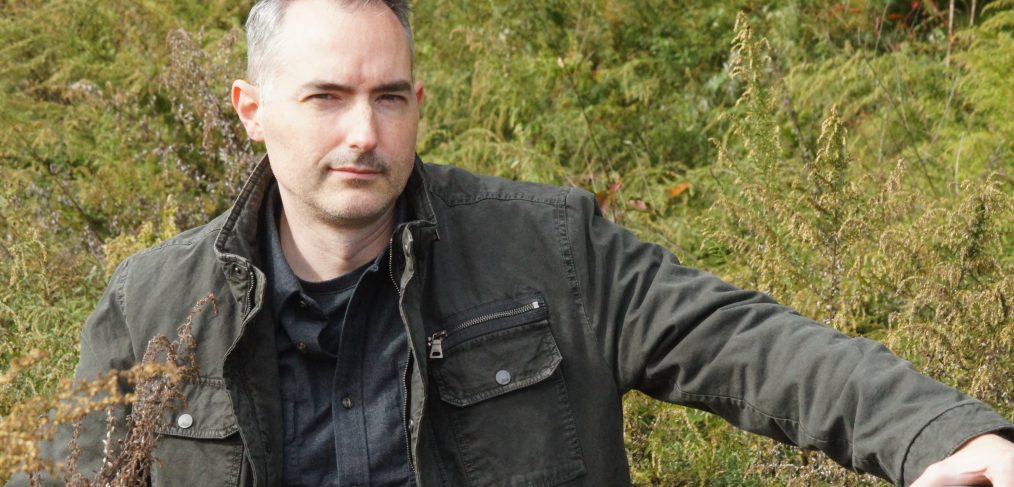“I’d rather go down the river with seven studs than a hundred shitheads.” – Colonel Charles “Chargin’ Charlie” Beckwith, Founder of 1 SOFD-Delta (Delta Force)
Staying motivated is a challenge. Not always, but definitely sometimes. I don’t care how Alpha you are, there will be times when your motivation is lagging or lacking entirely. It’s not an easy thing to always maintain. And I’ve written previously on The Myth of Motivation as always being something that comes from positivity; it definitely does not. And there will be times when you have to use the negative to drive you further than you thought possible. There’s nothing wrong with that provided it doesn’t become your sole motivator.
But keeping yourself motivated becomes exponentially harder when you see what I like to call the “celebration of shitheads” happening around you. You’ll see this all the time: people who are, objectively speaking operating at a C- level, getting praised because they momentarily put forth the effort of a C instead of their usual C-. You’ll see family, friends, work colleagues, peers, and the like all going out of their way to praise them. Meanwhile you might be cruising along putting out the effort that is typical for you – somewhere in the A range – and no one shows up to say “good job,” or offer a pat on the back of encouragement.
The problem with being a “stud” rather than a “shithead” is that people take it for granted. They see your general level of badassery as a constant and it tends to fade into the background like white noise. As such, it doesn’t seem special any longer; it just seems normal. After all, when you operate near the top, there’s only so much further you can go and even then, it doesn’t look all that different.
Conversely, people see the C- level from the “shitheads” so often that when they put forth a little more effort, it’s a complete and total shock that somehow becomes worthy of praise because it’s so out of the ordinary. That’s why you see people falling all over themselves to heap praise upon mediocre people who did a little something extra. Whereas they tend to ignore the strong people who are continuing to crush life at the same level of badassery they always exert because it’s not new, it’s not different.
“Of course they’re achieving more stuff. That’s what they always do.”
Which, when you think about it, is an utterly ridiculous way to approach life. We shouldn’t be celebrating shitheads; we should be celebrating studs. We shouldn’t be aspiring to mediocrity; we ought to be aspiring to excellence.
But it doesn’t work that way.
And trust me: I’ve seen this happen in pretty much every environment and place you can imagine. I’ve had teachers who would spend all their time trying to boost up mediocre students who floated into class once in a blue moon while they would completely ignore the students who were there all the time putting out maximum effort. While there’s nothing wrong with trying to better a student you feel you can help, there comes a point when ignoring those who gave it their all becomes detrimental. And often, it meant that student would simply shrug and go elsewhere because they weren’t getting any attention from their teacher.
The same thing happens with family and friends. If people believe you are strong, they won’t bother to check on you. “Oh he’s fine, nothing ever shakes him or her.” Which again, is a stupid and dumb way to think. It is often the strongest that need checking in the most; and it is often the simple word of praise that makes the day of even the toughest sonuvabitch you might know.
The fact is, the majority of praise being heaped on the C- is coming from people who are, at best, mediocre themselves. Their praise serves two purposes: to validate their own belief that mediocrity is good enough, and to reward the fellow C- that they’re doing just enough and no more.
It becomes even worse when you see people being praised that you know are evil and manipulative and yet their victims continue to fall for their bullshit. People are woefully easy to manipulate – as any cruise through your Facebook newsfeed will show with its over-abundance of false memes and outrageous lies than can be fact-checked within 20 seconds on Google – and watching them fall prey once more to the same old tactics can make you question your own standards and beliefs. Maybe you’re being too much, too awesome, too exacting, too whatever; maybe you should throttle back and operate at a level that makes others comfortable.
The hell with that.
Your standards are exactly what keep you from becoming a C- in the first place. You’re not here to live your life to make others comfortable; you’re here to learn and grow and excel and evolve and succeed and help others along the way. You can’t fulfill your potential worrying about whether a mediocre person praises you or not; you can’t meet your destiny if you’re worried about others being uncomfortable because you don’t fit their definition or have some type of convenient label they can classify you as.
So hold onto your standards. Keep them high and exacting because far too many do not. Beckwith’s quote from above is worth remembering during those trying times when you question yourself and your motivation. Hold yourself to the standard of excellence and you will never falter in the face of adversity and challenge. And if you know someone who operates at the level you do, don’t forget to check in on them from time-to-time.
Remember: it is always better to be a stud than a shithead.
Regardless of whether it gets celebrated or not.





